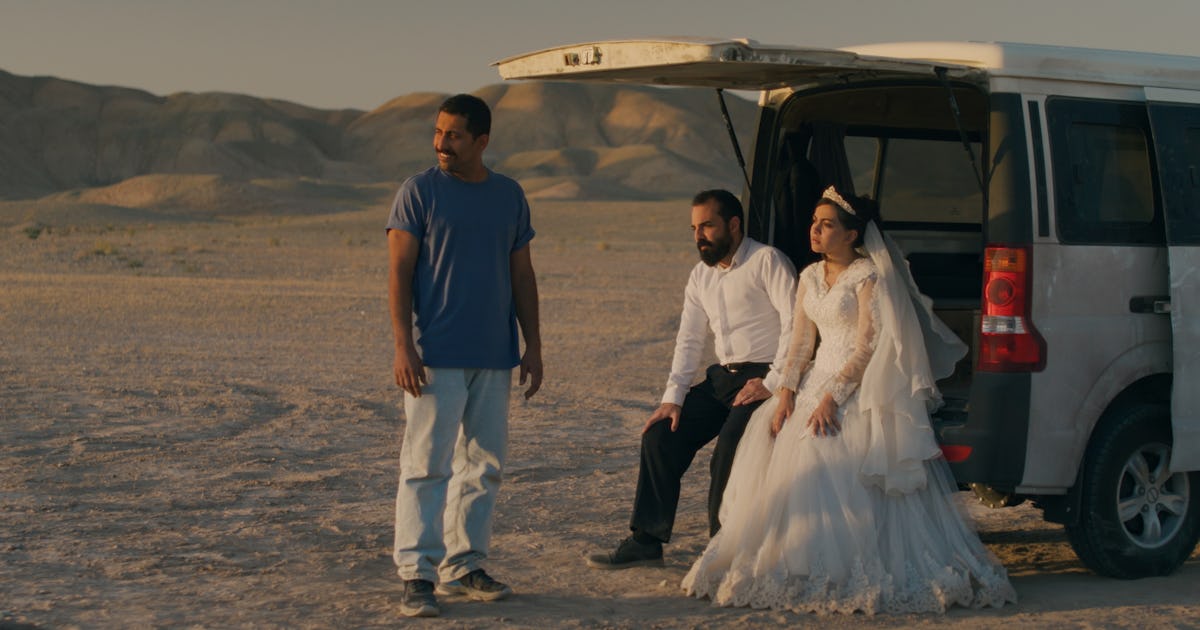
"That's the half-hearted explanation that Rashid (Ebrahim Azizi) and his wife give to their weeping daughter after Rashid's car appears to fatally hit a dog as they're driving home late at night. Their daughter is still weeping when Rashid pulls into a nearby garage to fix his car's damaged engine. One mechanic quickly fixes the problem, but the other, Vahid (Vahid Mobasseri), appears visibly shaken when he hears the squeaking of Rashid's prosthetic leg against the garage floor."
"It Was Just An Accident is Iranian director Jafar Panahi's first film since being released from prison, and his first "official" film since the 20-year ban on filmmaking that was imposed on him by Iranian authorities was lifted early. Of course, that didn't stop the filmmaker from defying the authorities on numerous occasions since his arrest in 2010, making no less than four feature films "illegally" (with one, his bold documentary "This Is Not A Film," famously getting smuggled out of Iran hidden in a cake). But even with Panahi throwing off the shackles of the ban - which forced him to get creative by making meta-fictional docudramas - that doesn't mean that It Was Just An Accident isn't just as sneakily subversive as his other recent works. In fact, with its twisty tale of former political prisoners taking revenge on their supposed torturer, it feels just as pointed and searing as any of Panahi's other acts of rebellion."
A late-night traffic accident binds Rashid, his grieving daughter, and a shaken mechanic named Vahid when Vahid hears Rashid's prosthetic leg and recognizes a familiar gait. The recognition triggers memories of past political imprisonment and suspected torture, sending both men toward a tense, morally ambivalent confrontation. The narrative unfolds as a revenge thriller that resists straightforward classification, mixing suspense with personal and societal consequences. The story explores guilt, memory, vigilante impulses, and the ripple effects of violence on families and communities while maintaining a pointed, subversive tone that complicates simple notions of justice and retribution.
Read at Inverse
Unable to calculate read time
Collection
[
|
...
]